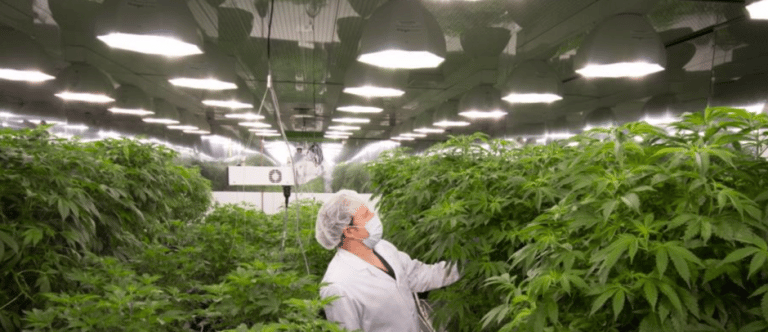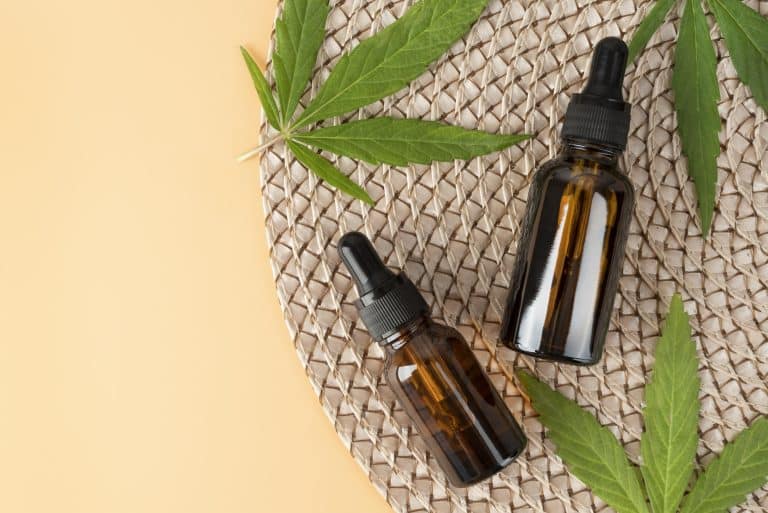Cannabidiol (CBD) and Delta-9-tetrahydrocannabinol (THC) are just two of the many different cannabinoids found in marijuana. When in the body, CBD and THC interact with cannabinoid receptors to help treat (or limit) the effects of certain conditions.
Here we unpack the differences between them.
The biggest difference between CBD and THC is the lack of psychoactive effects in CBD, which does not cause the characteristic high experienced with THC.
Despite both being cannabinoids, they interact with different receptors in a person’s brain and as a result, CBD is unlikely to get an individual high. On the other hand, THC produces the high people associate with using marijuana recreationally.
Medical marijuana is CBD-dominant and contains minimum traces of THC. There are some medicines that do contain THC, and therefore when taking the medication, you may feel a slight high associated with THC as an ingredient.
The Benefits
CBD and THC have similar effects for treating medical conditions. However, there is some variation in the uses of each substance.
People typically use CBD to help treat the following:
- Inflammatory bowel disease,
- seizures,
- depression,
- inflammation,
- psychosis or mental disorders,
- migraines.
THC is most commonly used in treating some of the following:
- Glaucoma,
- muscle spasticity,
- low appetite,
- insomnia.
Both CBD- and THC-based medication can both be used to treat pain, anxiety and nausea.
Side effects
The good news, and not surprisingly, there are little to no side effects with either CBD, or THC. According to The World Health Organisation CBD is safe to be taken in any quantity, and the only known potential side effects are as a result of interactions with other medications a person may be taking.
A person consuming THC may experience some temporary side effects. These can include:
- Dry mouth,
- red eyes,
- slower than average response times,
- a general feeling of being high,
- memory loss,
- issues with coordination,
- increased heart rate.
Neither CBD nor THC have any serious side effects and neither can be fatal.
How to take medicinal marijuana – both CBD and THC forms
Both CBD and THC are available as oils.
Many people choose to smoke or vape marijuana or CBD, but this may not be possible for people with certain conditions.
CBD is available in a variety of forms, such as:
- Gels,
- supplements,
- gummies,
- oils.
THC can also come in different forms, including:
- Smokable products,
- oils,
- tinctures,
- edibles, such as brownies,
- capsules.
Though similar in what they may help treat, the most important difference is that THC will cause a person to experience a high while CBD will not.
It is essential that people familiarize themselves with their local laws before acquiring or using CBD or THC.



